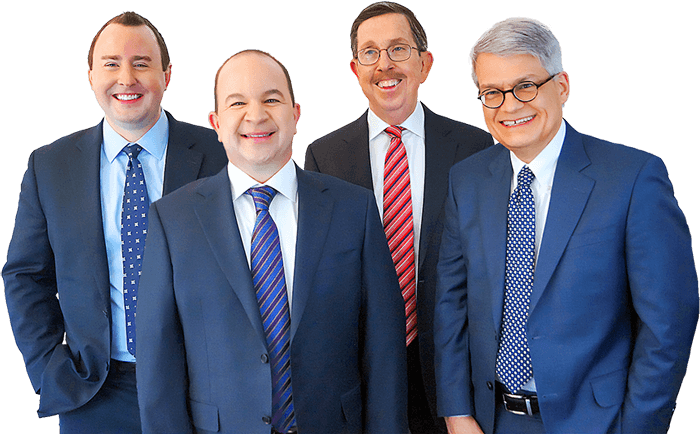When you get behind the wheel of a motor vehicle, you take on a huge responsibility. If you have any type of impairment or distraction, it could lead to a serious accident. Impairment does not always mean that you are drunk or under the influence of drugs. Sometimes, it can be as simple as being too tired.
Drowsy driving is a top cause of accidents because many people do not realize how dangerous it is. The Centers for Disease Control and Prevention explain that it is incredibly dangerous to drive during periods of exhaustion because you do not have full mental clarity. It can impact your driving skills in a few ways.
Decision-making
When you have brain fog due to a lack of sleep, it can slow down or hinder your ability to make good decisions. You may have trouble deciding how to react to a situation that requires split-second decision-making. You may also take risks that you otherwise would not because you are not of sound mind. It is similar to being drunk or on drugs in that you do not have complete control over your thinking.
Slow reaction
Just as alcohol or drugs slow your reflexes, so does tiredness. Again, the brain fog makes it tough for your brain to tell your body to react. This means that you may see that you need to stop, but due to the delay in signals from your brain, you may not actually hit the brakes until it is too late and you smash into another vehicle.
Inattentiveness
If you have ever felt extreme exhausted, then you know how hard it can be to concentrate. Your mind may wander, or you may start to notice your eyelids drooping when you focus on something for too long. Not only are you unable to pay attention to the road and what is happening around you, but if you try to focus, you could end up falling asleep, which puts you at an even greater risk for an accident.


